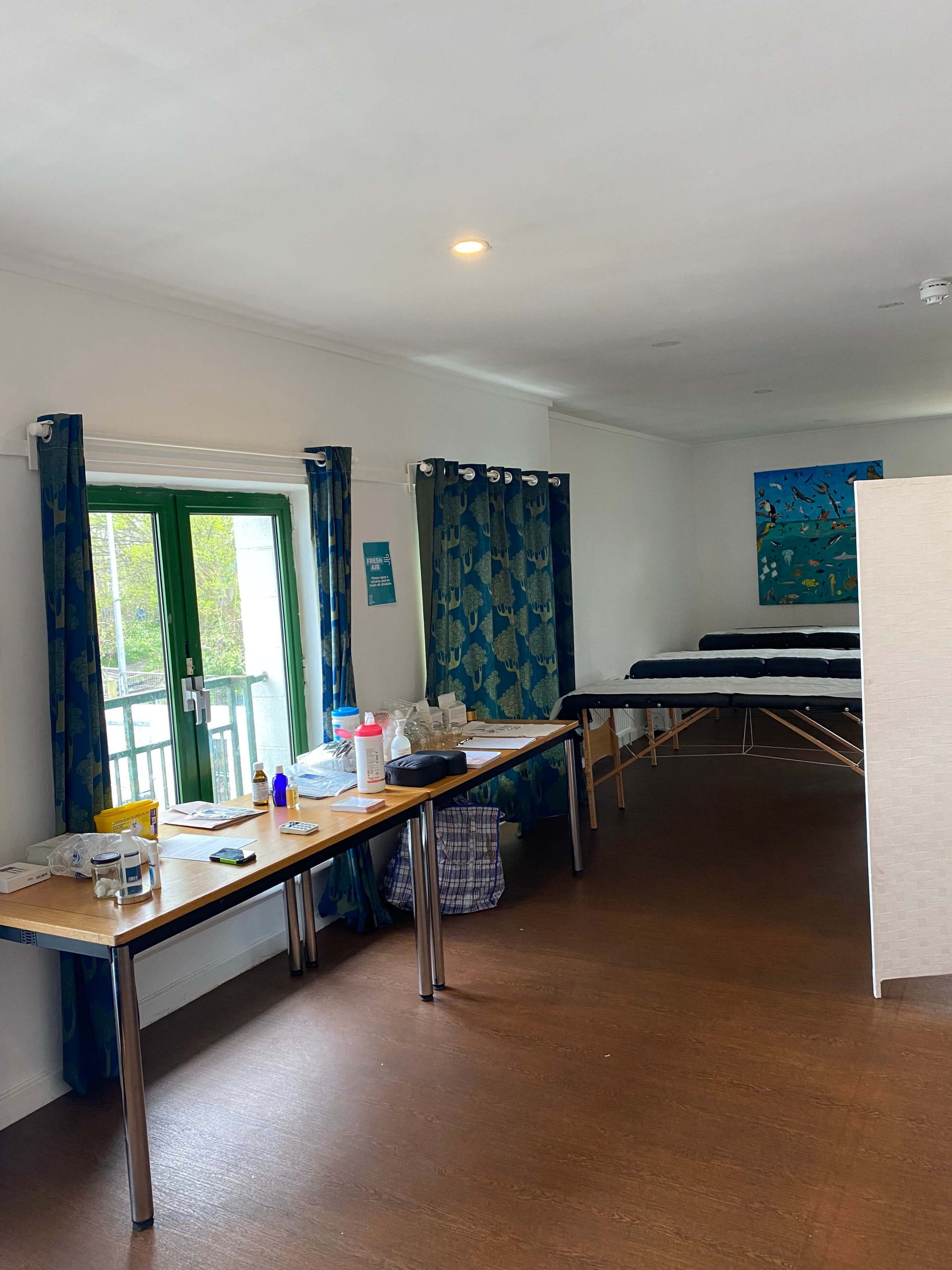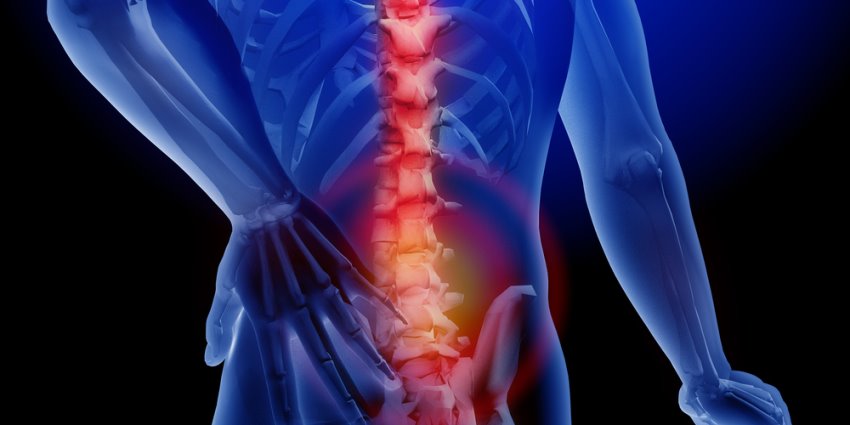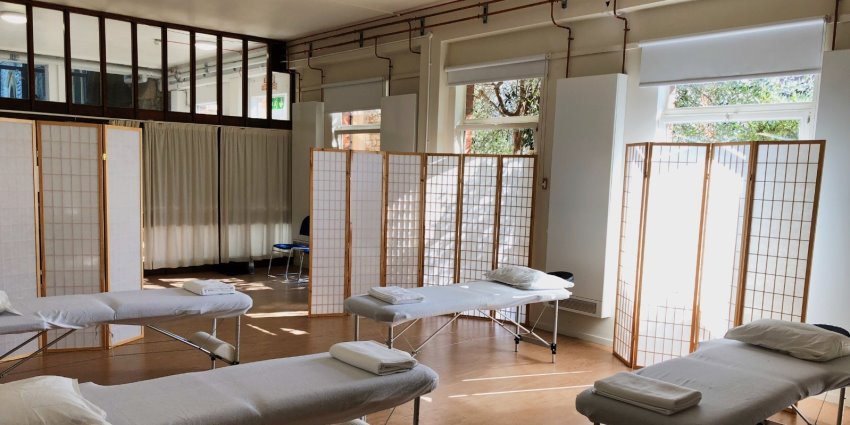Gift Vouchers Now Available!
We now have gift vouchers available to buy for treatments at Bristol Community Acupuncture. The perfect gift for someone who is looking to improve their health. You can buy vouchers of any value, and they can be used across more than one treatment.
Contact us on info@bristolcommunityacupuncture.org for more info and to purchase.



